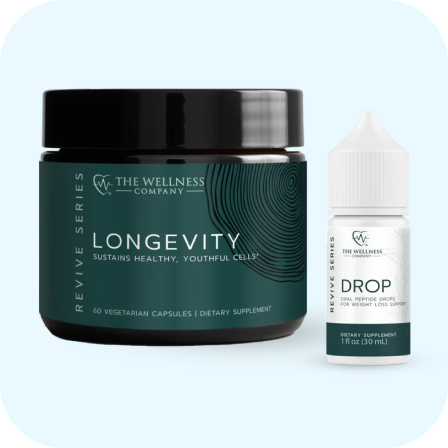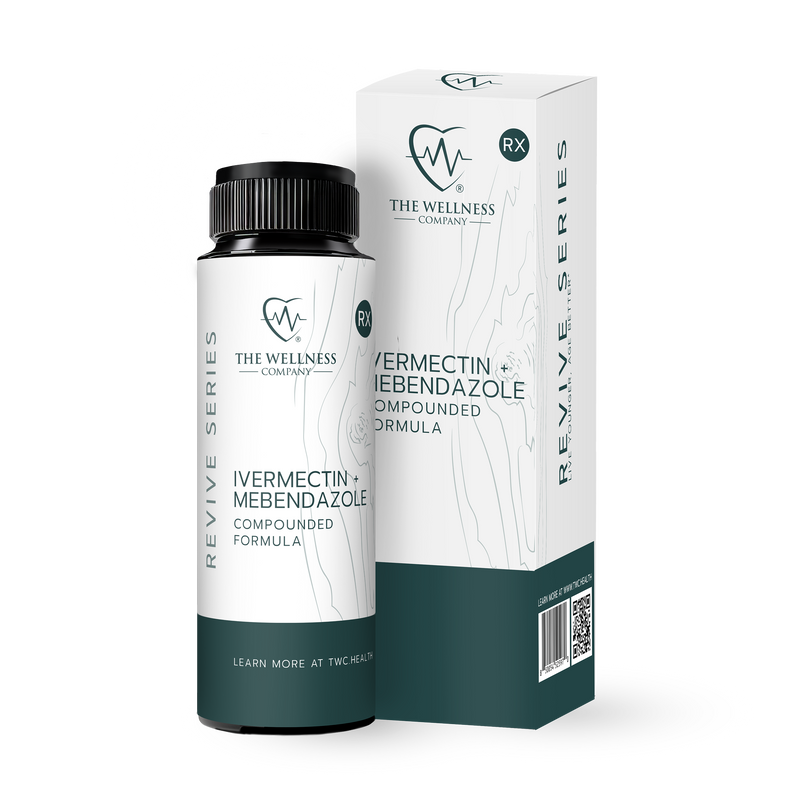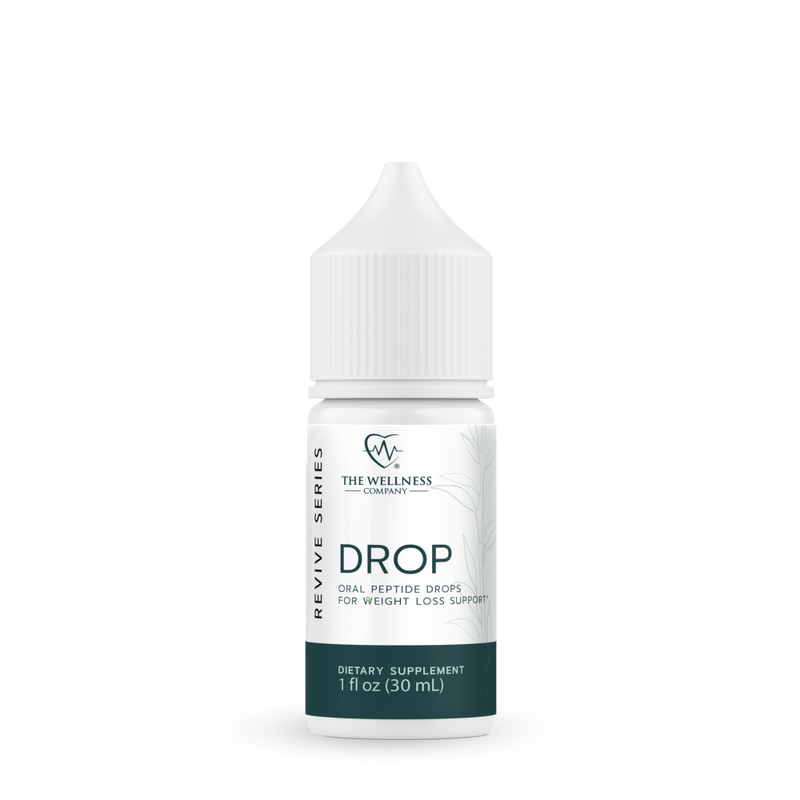The "Longevity Vitamin" That Could Transform Your Health

The “Longevity Vitamin” You Haven’t Heard Of
In the world of nutritional science, few compounds have generated as much excitement as pyrroloquinoline quinone—better known as PQQ. While not officially classified as a vitamin, PQQ has earned the nickname "longevity vitamin" due to its remarkable effects on cellular energy and overall health.
Think of PQQ as your body’s cellular mechanic, working behind the scenes to keep your mitochondria—your energy factories—running at peak performance. From supporting brain function to protecting your heart, this naturally occurring compound is revolutionizing how we think about aging and wellness.
What is PQQ?
- A small, redox-active molecule that helps enzymes function—especially those involved in energy production.
- Acts like a cofactor, improving the efficiency of key chemical reactions in the body.
- Found naturally in small amounts in foods like:
- Natto (fermented soybeans – highest source)
- Green tea, kiwi, papaya, spinach, green peppers, parsley, celery
- Also present in human breast milk—suggesting an important role in development.
- Produced by bacteria and passed through the food chain to plants and humans.[1]
Remarkable Health Benefits
Brain Function & Cognitive Performance
- Clinical studies show improved memory, attention, and processing speed in both young and older adults.
- One study found that taking 20mg of PQQ daily improved cognitive flexibility within 8 weeks.[2]
Improved Cardiac Function
- Reduced Infarct Size: In rat models, PQQ reduced damage during heart attacks compared to controls.[3]
- Superior to Metoprolol: PQQ outperformed this common beta-blocker in protecting mitochondria from oxidative stress.[4]
- Improved cardiac function in chronic heart failure models.[5]
Mitochondrial Health & Aging
- Supports mitochondrial function and promotes the growth of new mitochondria (biogenesis).
- Protects mitochondria from oxidative damage.[6]
- Linked to better energy, stress resilience, and vitality with age.
The Bottom Line
While PQQ research is ongoing, early evidence suggests it may be a powerful addition to your wellness routine. It has shown a strong safety profile in clinical trials with no major adverse effects reported.
Always consult a healthcare provider before starting any new supplement—especially if you have health conditions or take medications.
PQQ may be one of nature’s most promising compounds for supporting long-term cellular health, energy, and vitality.
References
- ETChem. PQQ in foods: Best sources. Link
- Tamakoshi, M., et al. (2023). Food & Function, 14(5), 2576–2587. Link
- Zhu BQ, et al. (2004). Cardiovasc Drugs Ther. 18(6):421-31. Link
- Zhu BQ, et al. (2006). Journal of Cardiovascular Pharmacology and Therapeutics, 11(2):119–128. Link
- Xu X, et al. (2020). Cardiovasc Diagn Ther. 10(3):453–469. Link
- Cheng Q, et al. (2021). Acta Pharmacol Sin. 42(5):665–678. Link
Written By Brooke Lounsbury






















